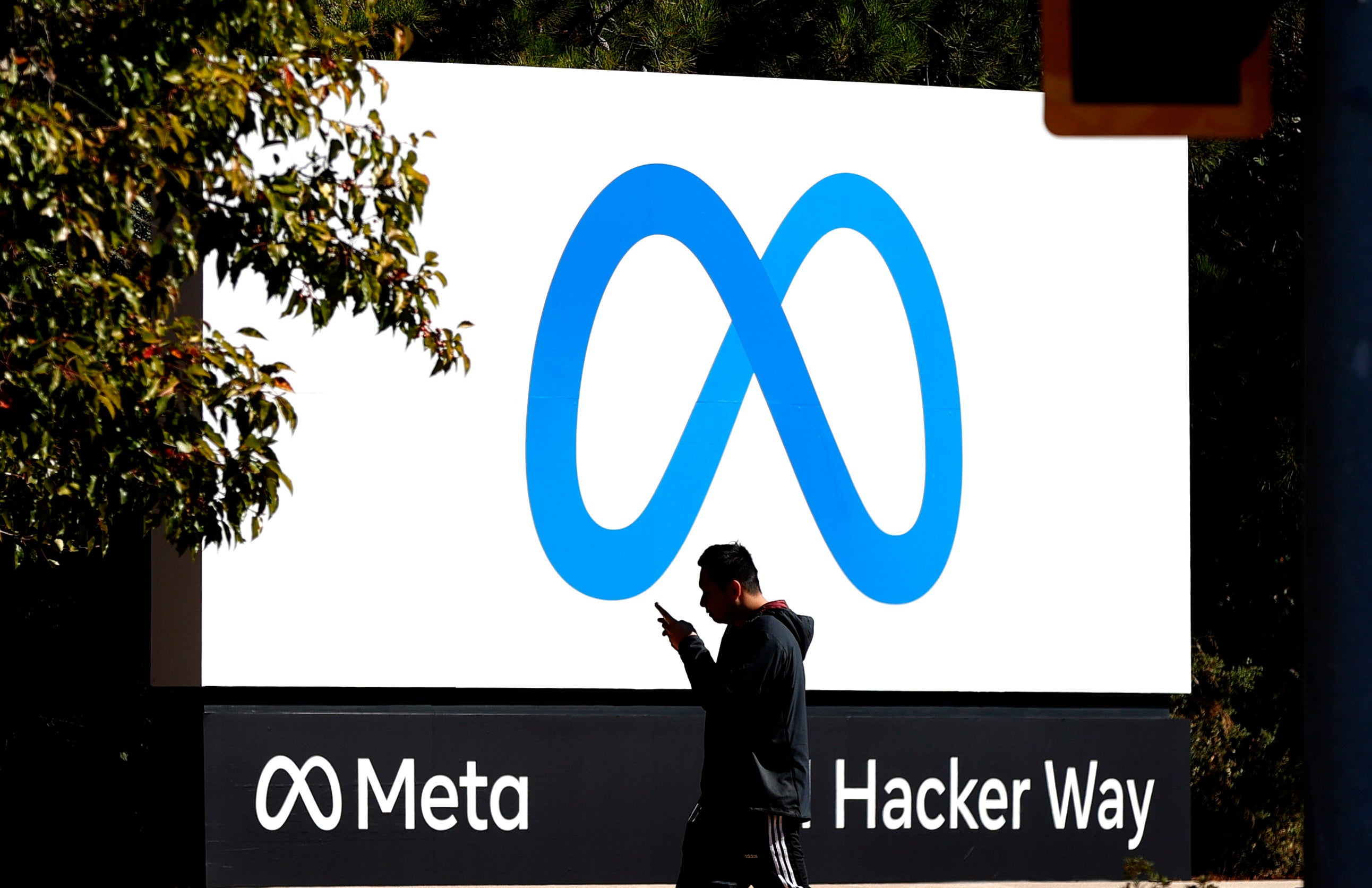Meta threatens to ban news on Facebook and Instagram in Canada
The warning comes ahead of Bill C-18 legislation which would force tech giant to share revenue with local news organisations

Your support helps us to tell the story
From reproductive rights to climate change to Big Tech, The Independent is on the ground when the story is developing. Whether it's investigating the financials of Elon Musk's pro-Trump PAC or producing our latest documentary, 'The A Word', which shines a light on the American women fighting for reproductive rights, we know how important it is to parse out the facts from the messaging.
At such a critical moment in US history, we need reporters on the ground. Your donation allows us to keep sending journalists to speak to both sides of the story.
The Independent is trusted by Americans across the entire political spectrum. And unlike many other quality news outlets, we choose not to lock Americans out of our reporting and analysis with paywalls. We believe quality journalism should be available to everyone, paid for by those who can afford it.
Your support makes all the difference.Meta has threatened to shut down news content in Canada, following a new law proposed by the Canadian government.
The parent company of Facebook and Instagram would be forced to share revenue with local news organisations according to the proposed Bill C-18 legislation, modelled after the controversial Australia’s News Media Bargaining Code which was passed in 2021.
The law argues that digital platforms have a "bargaining imbalance" with news organisations, and must make deals that would then be assessed by a regulator.
"All we’re asking the tech giants like Facebook to do is negotiate fair deals with news outlets when they profit from their work," Canada’s Heritage Minister Pablo Rodriguez said in a statement, Reuters reports.
However, Meta says it was “surprised not to receive an invitation to participate” in discussions about the law, and claims that it “misrepresents the relationship between platforms and news publishers”.
Marc Dinsdale, the head of media partnerships for Meta Canada, wrote in a blog post: “The framework of the current legislation presumes that Meta unfairly benefits from its relationship with publishers, when in fact the reverse is true. Meta does not scrape content or links to news content.
“Posts with links to news articles make up less than 3% of what people see in their Facebook Feed, and Canadians tell us they want to see less news and political content.”
Mr Dinsdale says that publishers and other businesses voluntarily post on Meta’s platforms, which “ in turn allows them to sell more subscriptions and advertising”. Currently, Meta and Google, which this law also affects, as well as Amazon, together command more than 50 per cent of all advertising money in 2022.
The battle between the Canadian government and Meta is like one it had with the Australian government. Australian publishers were banned from sharing or posting content on their Facebook pages, while international news organisations could publish news as normal - but those stories were not visible to users in Australia.
Eventually, a consensus was reached between the Australian government and Meta which enabled Facebook and Google not to be subject to the code, in exchange for them striking deals with several Australian outlets.



Join our commenting forum
Join thought-provoking conversations, follow other Independent readers and see their replies
6Comments